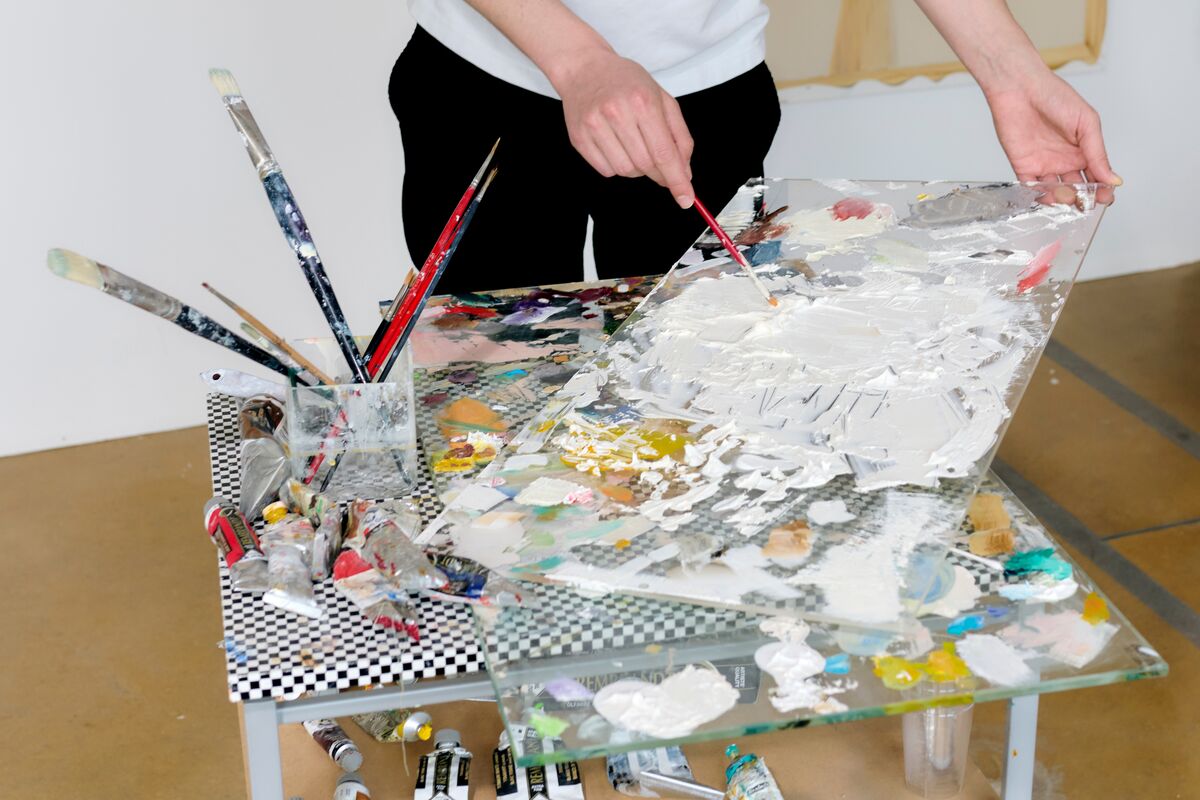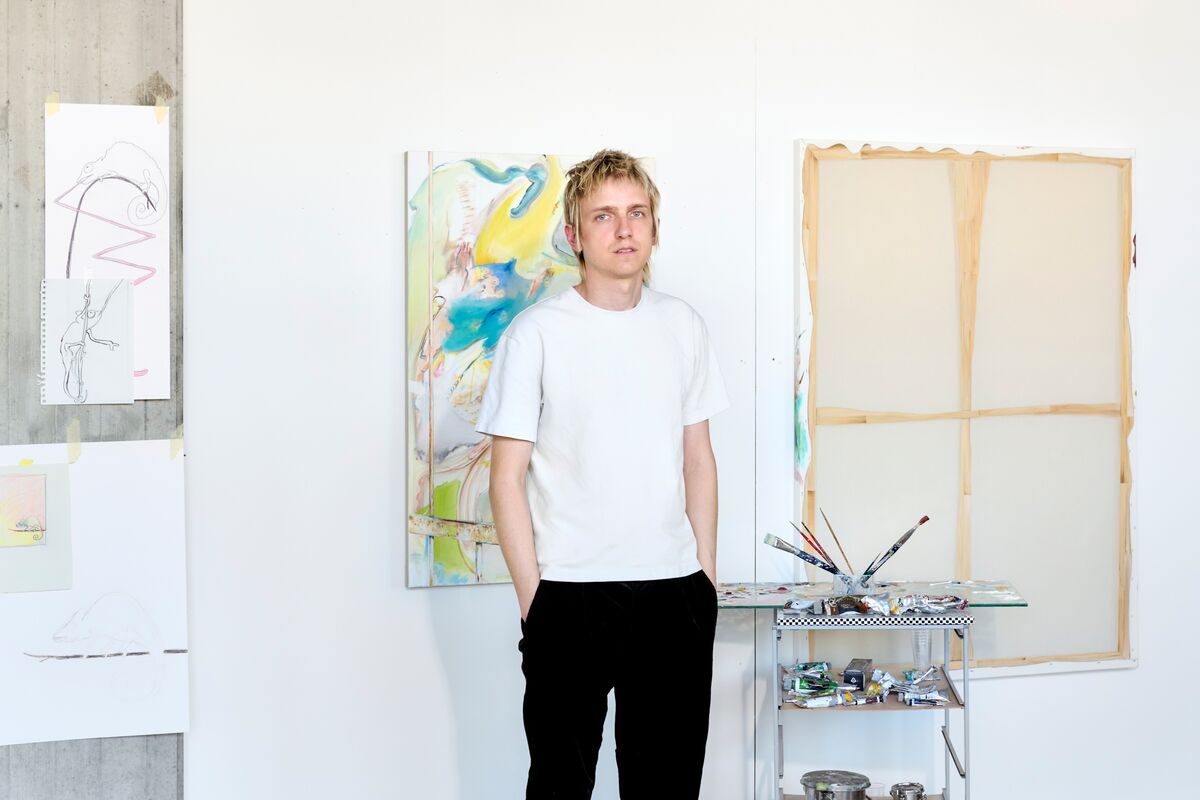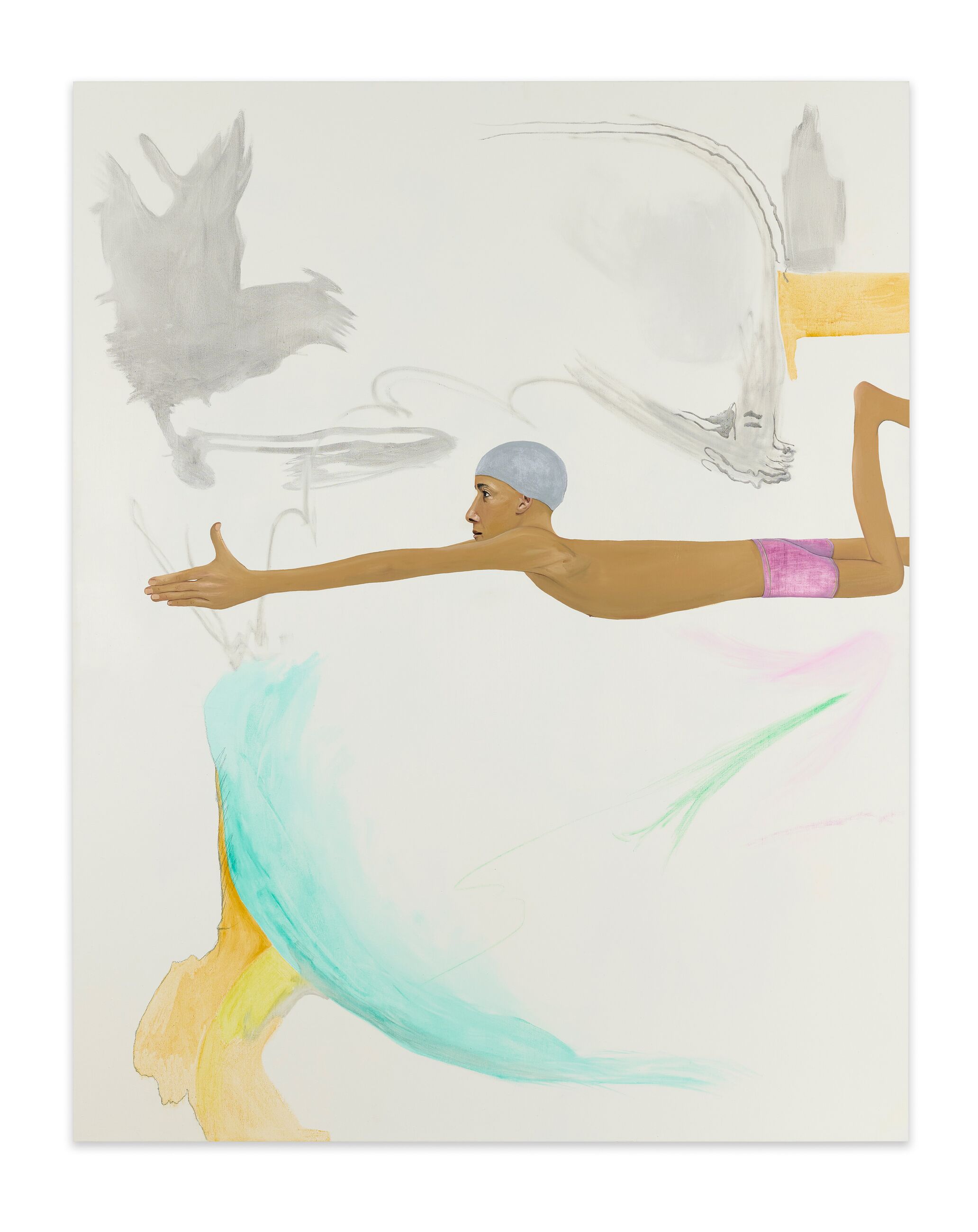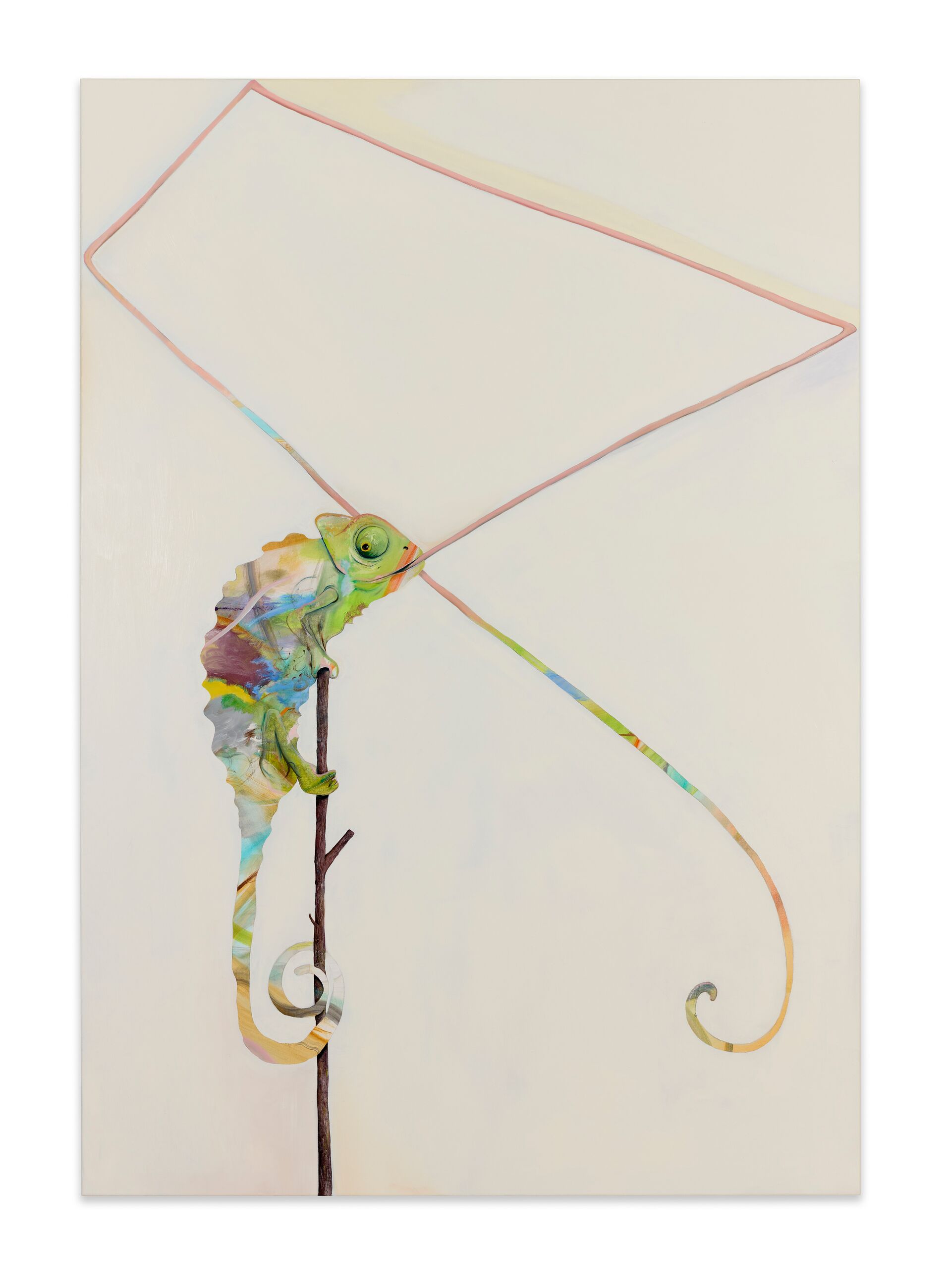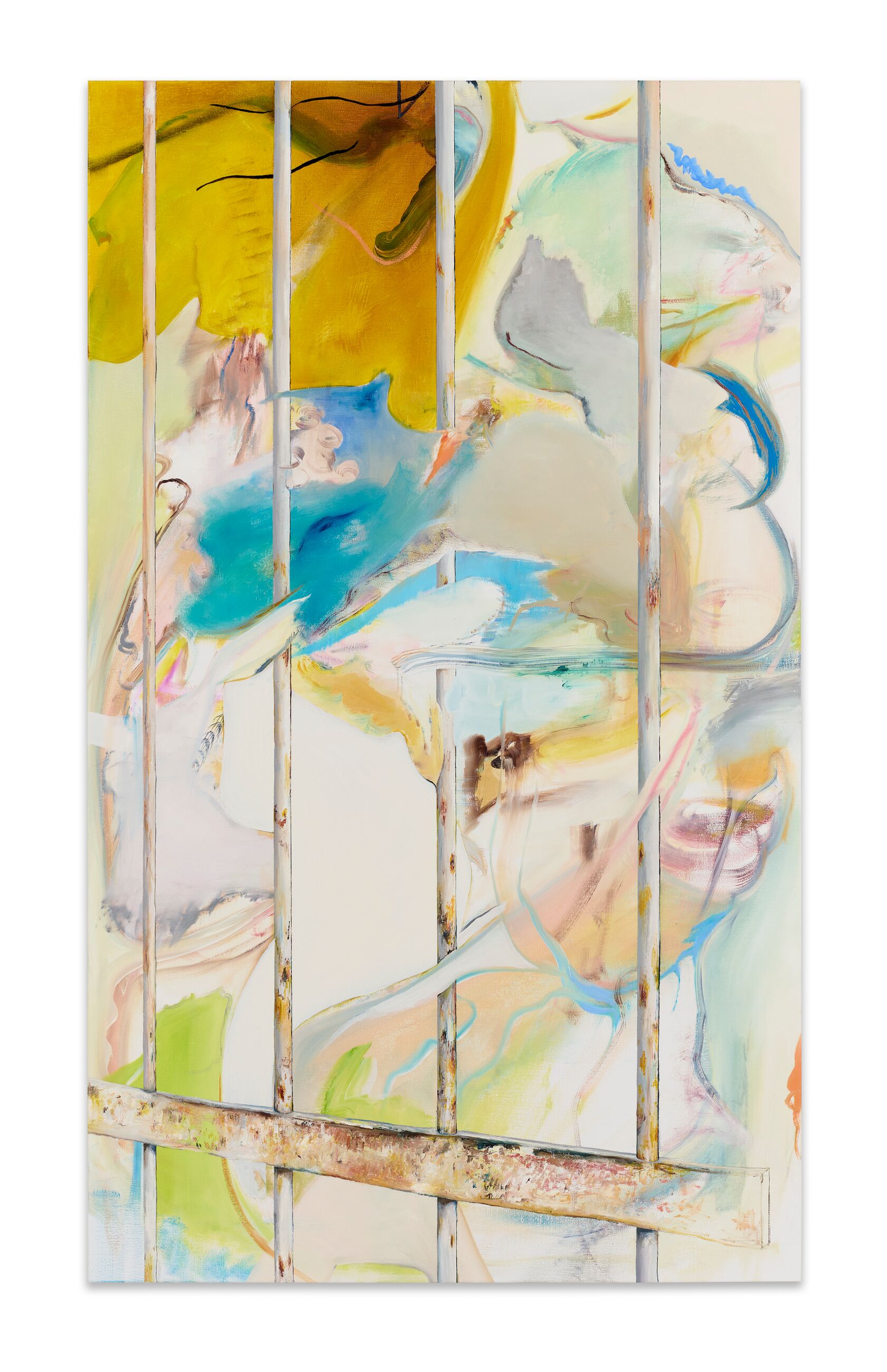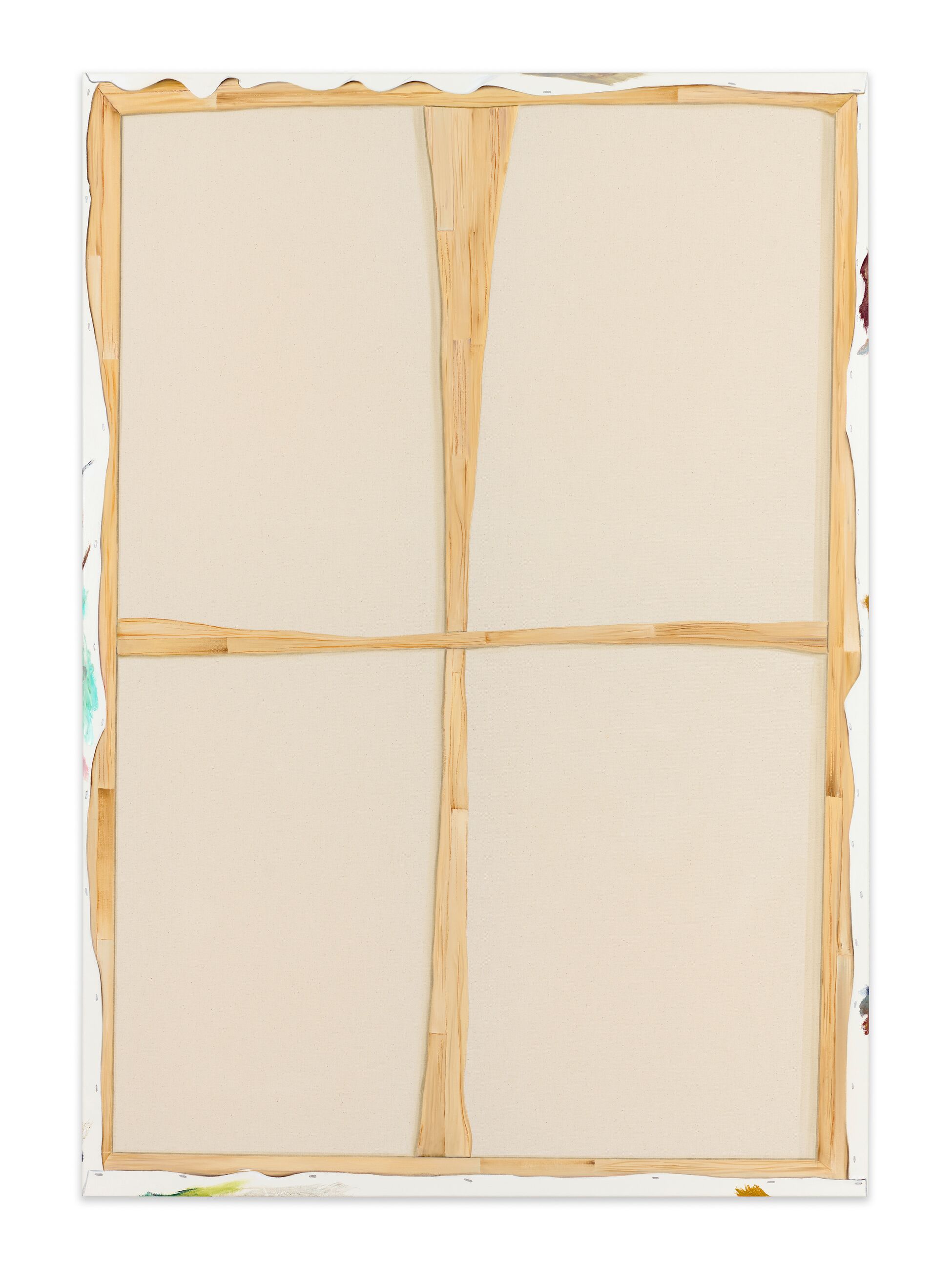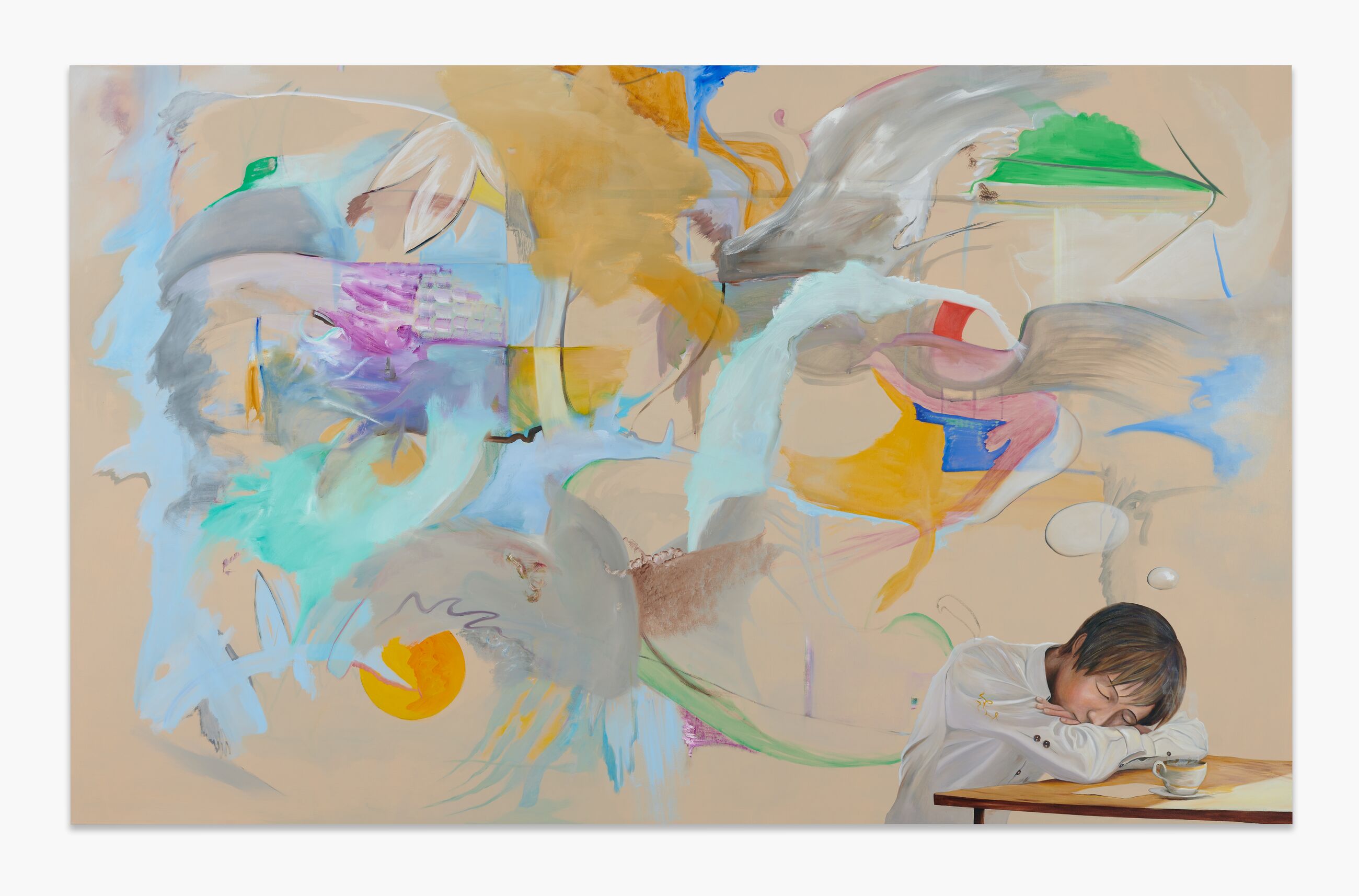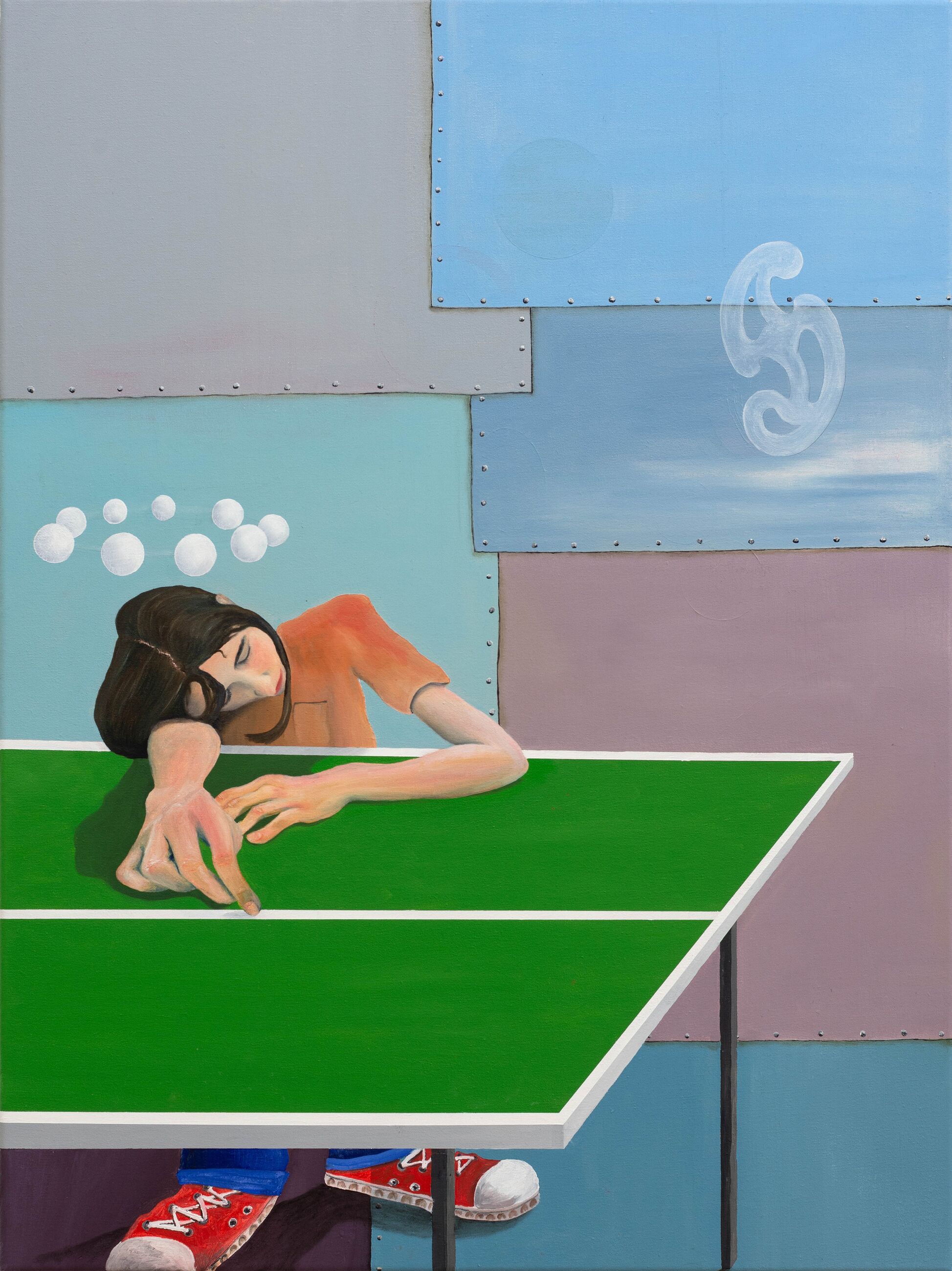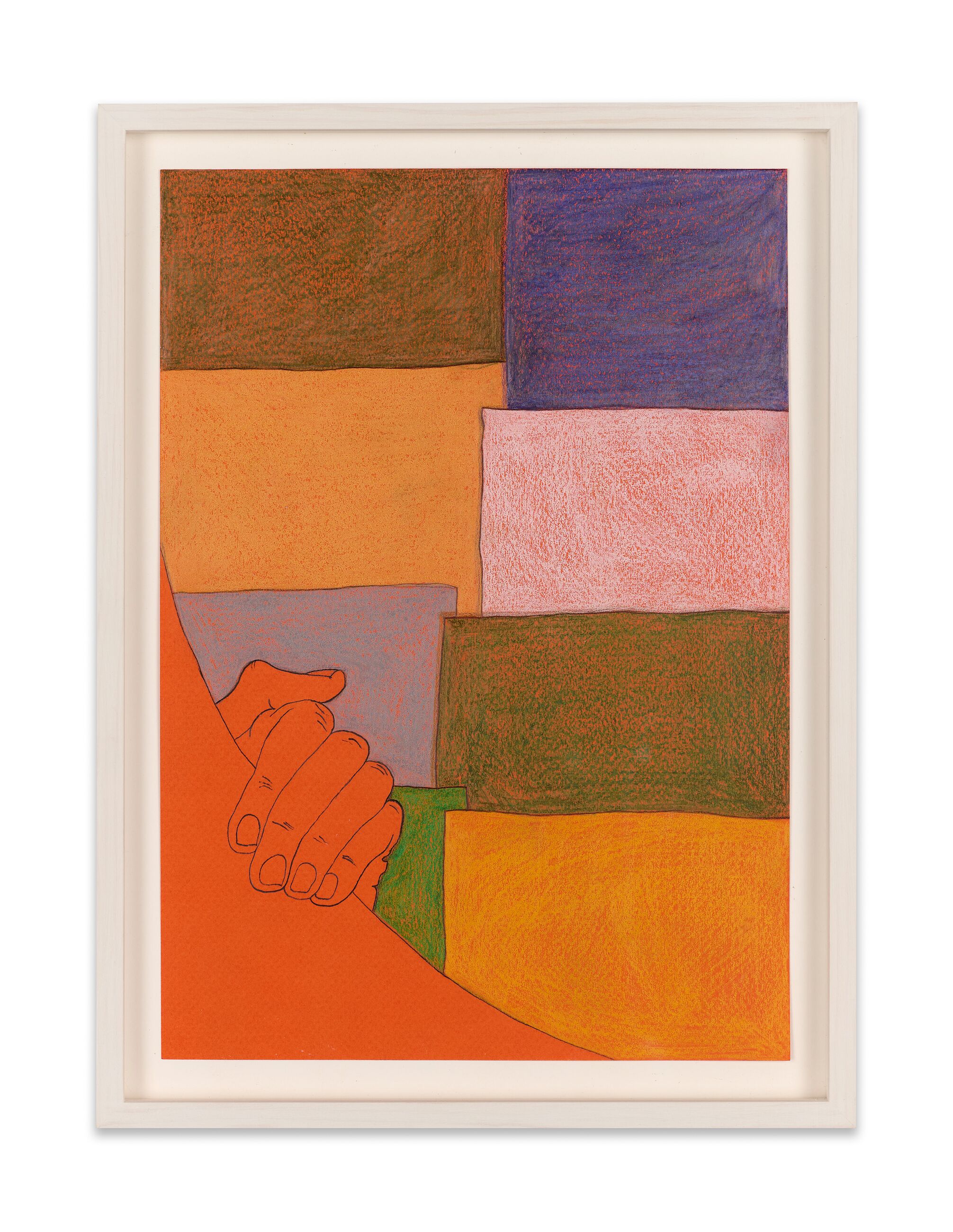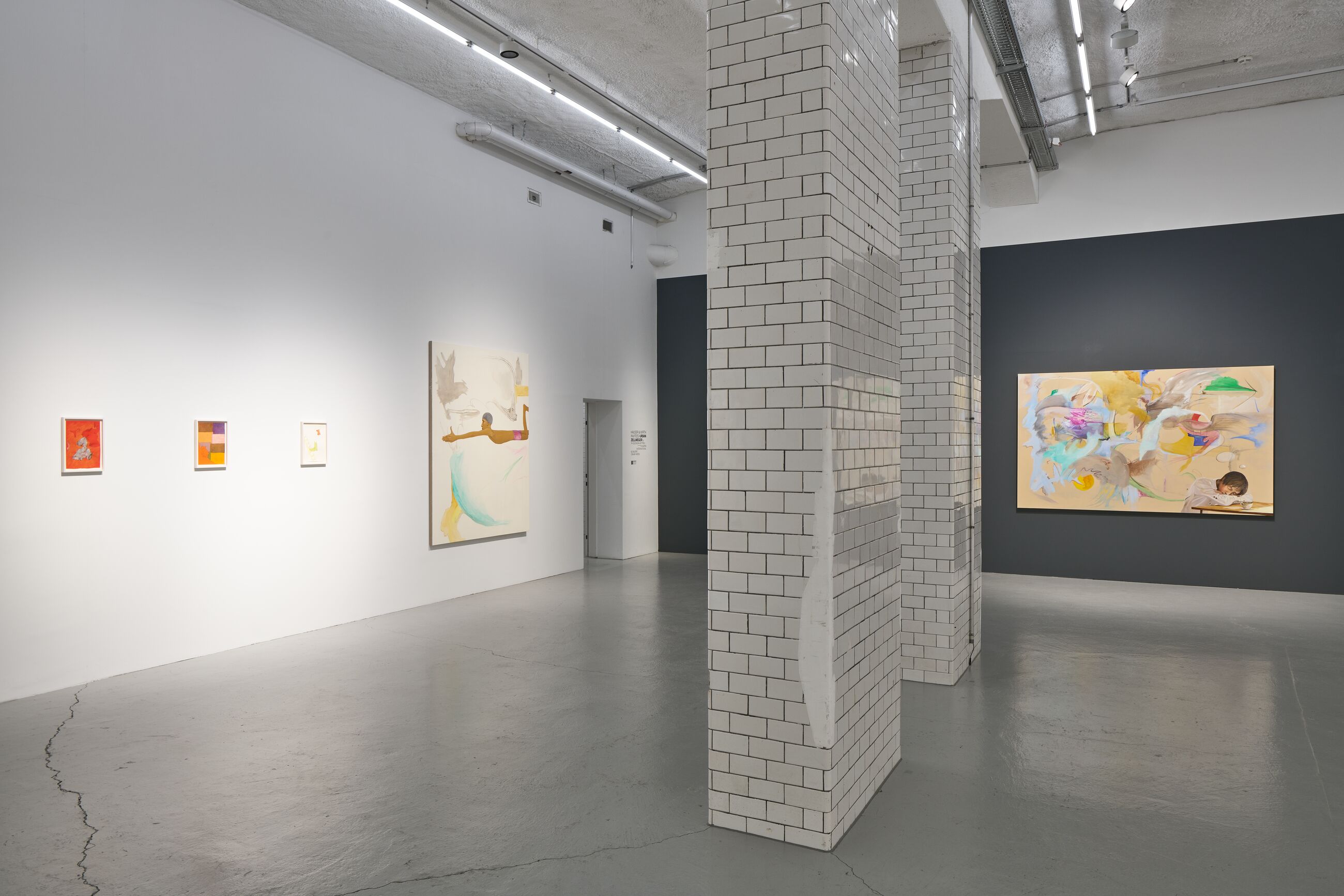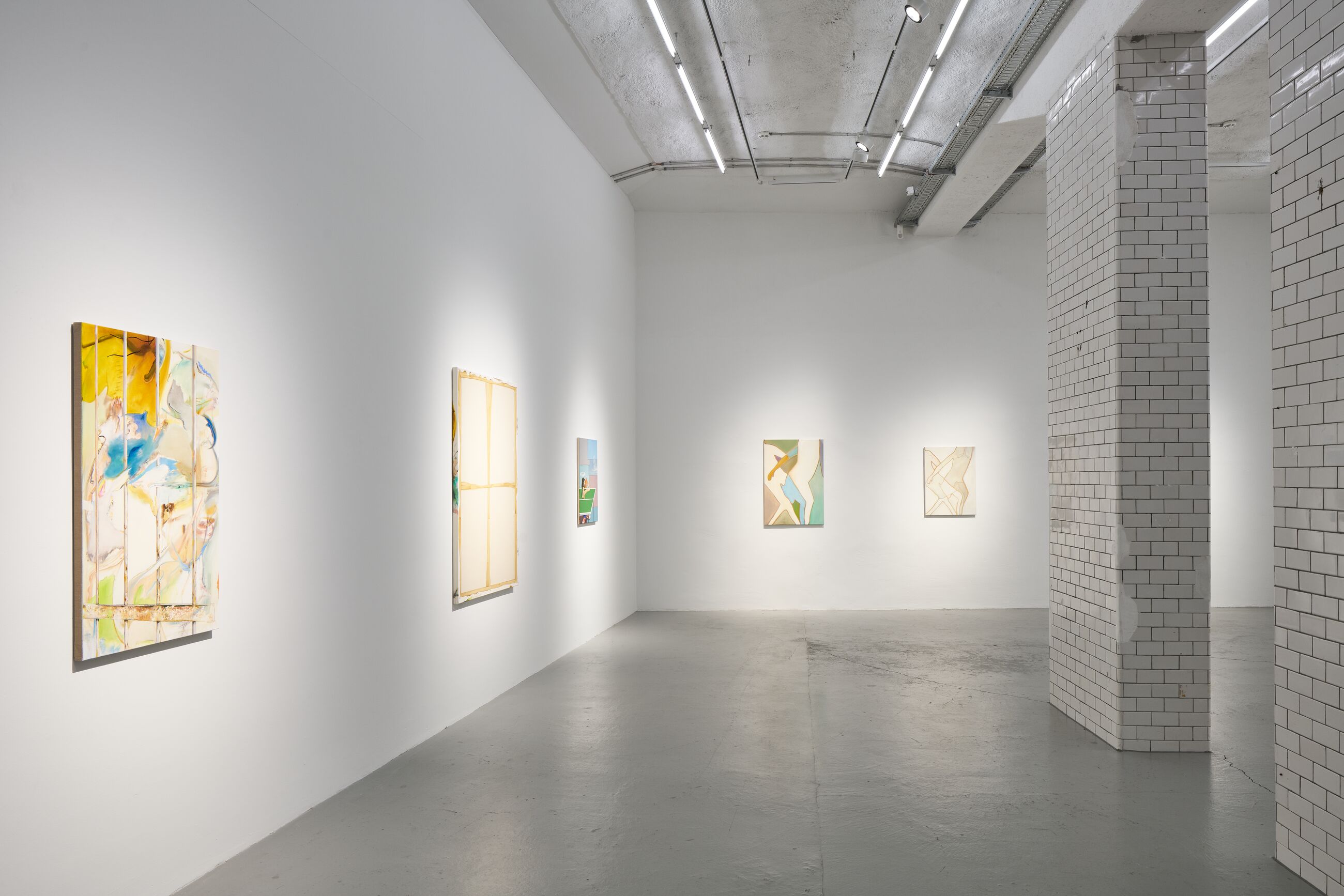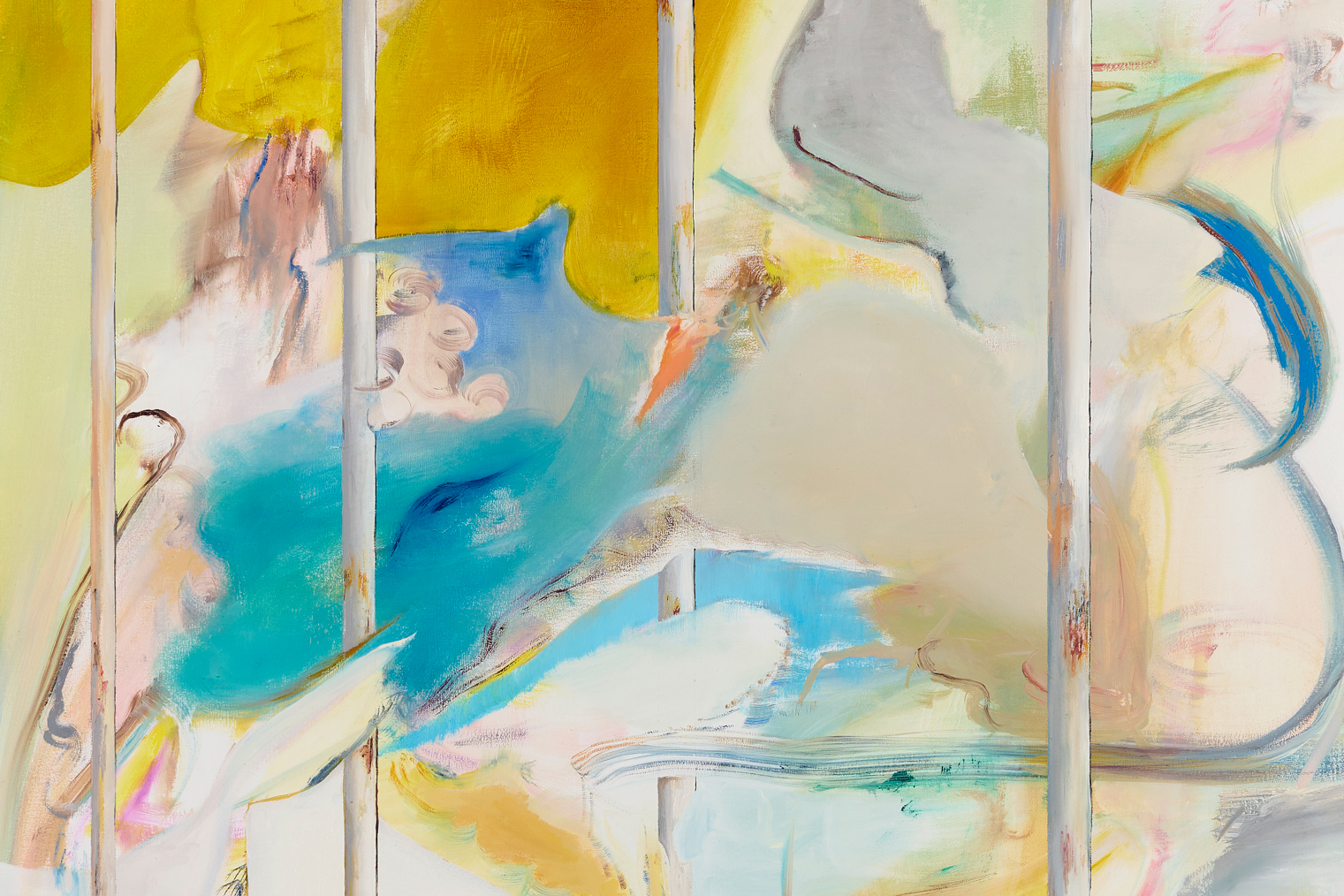
Hauser & Wirth Invite(s)
Urban Zellweger
Karma International
Galerie Oskar Weiss
Eleonora Bitterli
9 – 23 May 2025
Organized with Olivier Renaud-Clément, Hauser & Wirth Invite(s) launched in Paris in February 2025 and now comes to Zurich for the first time with a solo exhibition by Swiss artist Urban Zellweger, presented in collaboration with Karma International and Galerie Oskar Weiss and accompanied by a new text by Eleonora Bitterli.
Hauser & Wirth Invite(s) is a new initiative for hosting fellow artists, galleries and writers, offering wider visibility of their work and ideas and engaging with the city’s vibrant creative community.
‘For a long time, I went to bed early. Sometimes, my candle scarcely out, my eyes would close so quickly that I did not have time to say to myself: ‘I’m falling asleep.’ And, half an hour later, the thought that it was time to try to sleep would wake me; I wanted to put down the book I thought I still had in my hands and blow out my light; I had not ceased while sleeping to form reflections on what I had just read, but these reflections had taken a rather peculiar turn; it seemed to me that I myself was what the book was talking about.’—Marcel Proust, ‘In Search of Lost Time,’ 1913, p.3
This fleeting moment between wakefulness and sleep—when consciousness begins to blur, outlines dissolve, and thoughts detach from reality to take on a life of their own—marks the opening of Proust’s ‘Recherche,’ published in seven volumes between 1913 and 1927. Thoughts stretch, the body comes to a standstill, and only the imagination continues. Sleep appears as a force that overrides intention—an invisible ‘flattening-force’ (‘force d’aplatissement’), as Gilles Deleuze called it in his lectures on painting [1]. In Urban Zellweger’s ‘New Note’ (2024) and ‘Table de tennis’ (2018), this suspension becomes visible: the figures succumb mid-motion; caught in play and in focus.
But not everything stops; the narrative shifts. Zellweger pushes the sleeper off-center, opening up a second, latent storyline. Historically, sleeping figures often appear at the margins of images, as if stationed at the threshold of the dream world. They are both dreamers and witnesses, mediators of altered states. The body becomes a transmitter of internal images: unknowable, self-governing, shaped only by memory and cultural residue. Zellweger’s forms, which range from cryptic to completely abstract, drift like thought bubbles or dissolve into diffuse zones that merge with their surroundings. They point to an unruly interior terrain that resists translation and eludes the grasp of language.
Installation Views
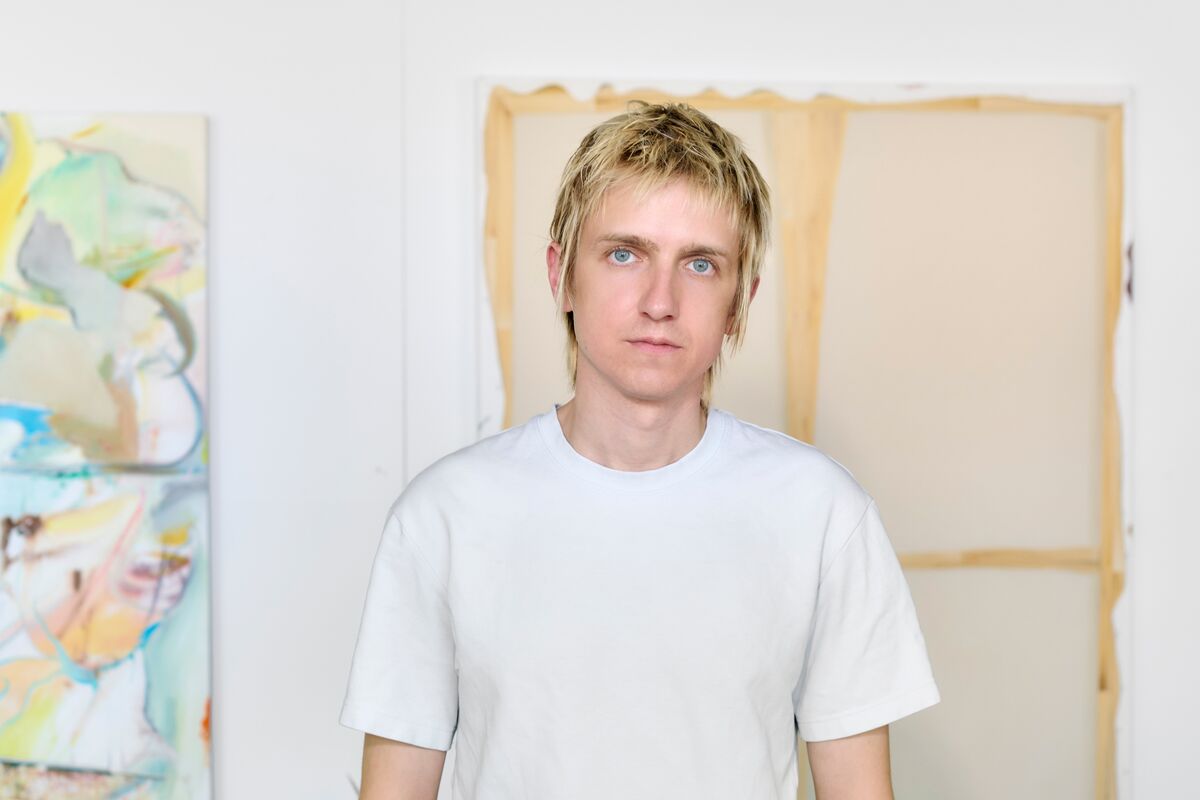
About Urban Zellweger
In his work, Urban Zellweger deals with the transitions between figurative and abstract elements. Bodies and figures combine, merge into one another, are painted over, or dissolve into the background. While mundane events and biographical occurrences inform Zellweger’s visual lexicon, they are hardly recognizable as such. Normality is distorted with surreal wit, and yet everything appears perfectly calm. Urban Zellweger has exhibited at the Bechtler Foundation, Uster; CAN Neuchâtel; Kunstverein Nürnberg; Istituto Svizzero, Milan; Belgrade Biennale; LUMA Foundation, Zurich; Astrup Fearnley, Oslo; Plymouth Rock, Zurich; and Shoot the Lobster, New York, among others.
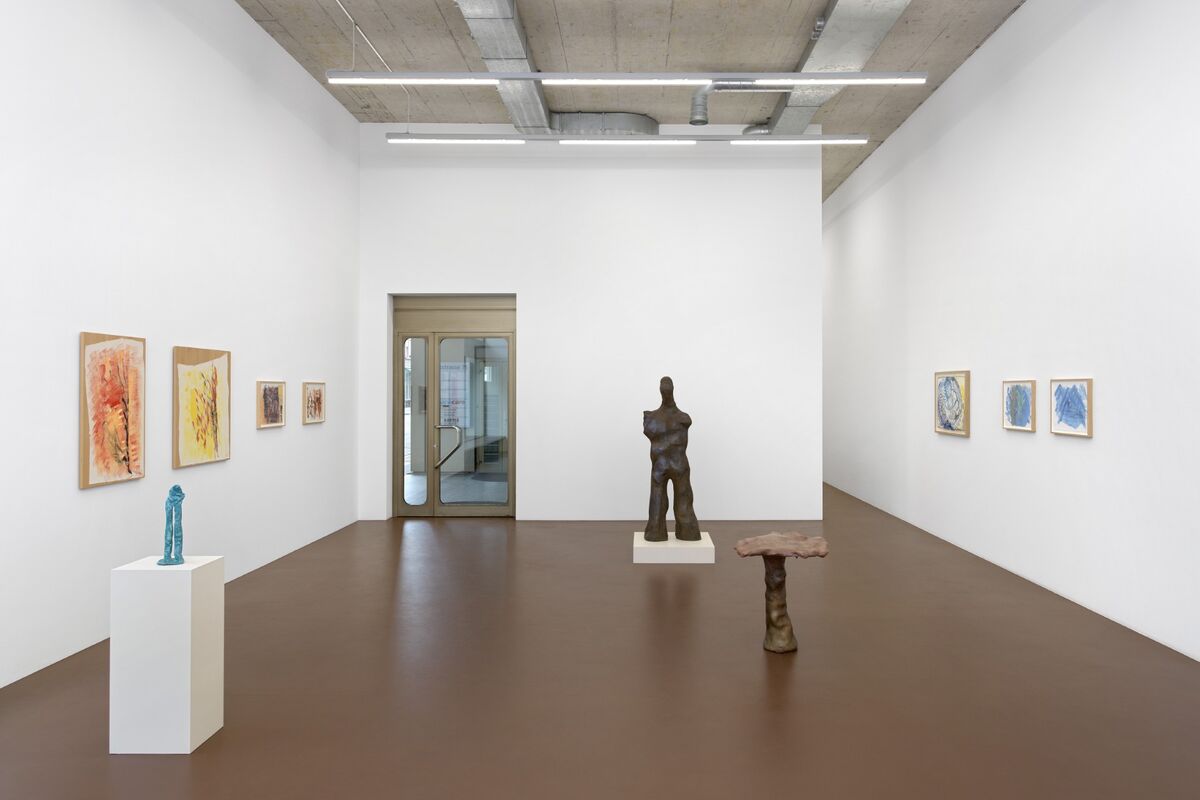
About Karma International
Karma International was founded by Marina Olsen and Karolina Dankow, who opened their first space in 2009 in Zurich. The gallery started its initial program with artists from their own generation—such as Pamela Rosenkranz, Ida Ekblad and David Hominal, among others—who have been crucial in defining the gallery’s identity. Over the past decade, the program has expanded to include artists from various generations, including Meret Oppenheim, Ser Serpas, Vivian Suter, Sylvie Fleury, Małgorzata Mirga-Tas, Judith Bernstein, Urban Zellweger, Jasmine Gregory, VALIE EXPORT and Simone Fattal.
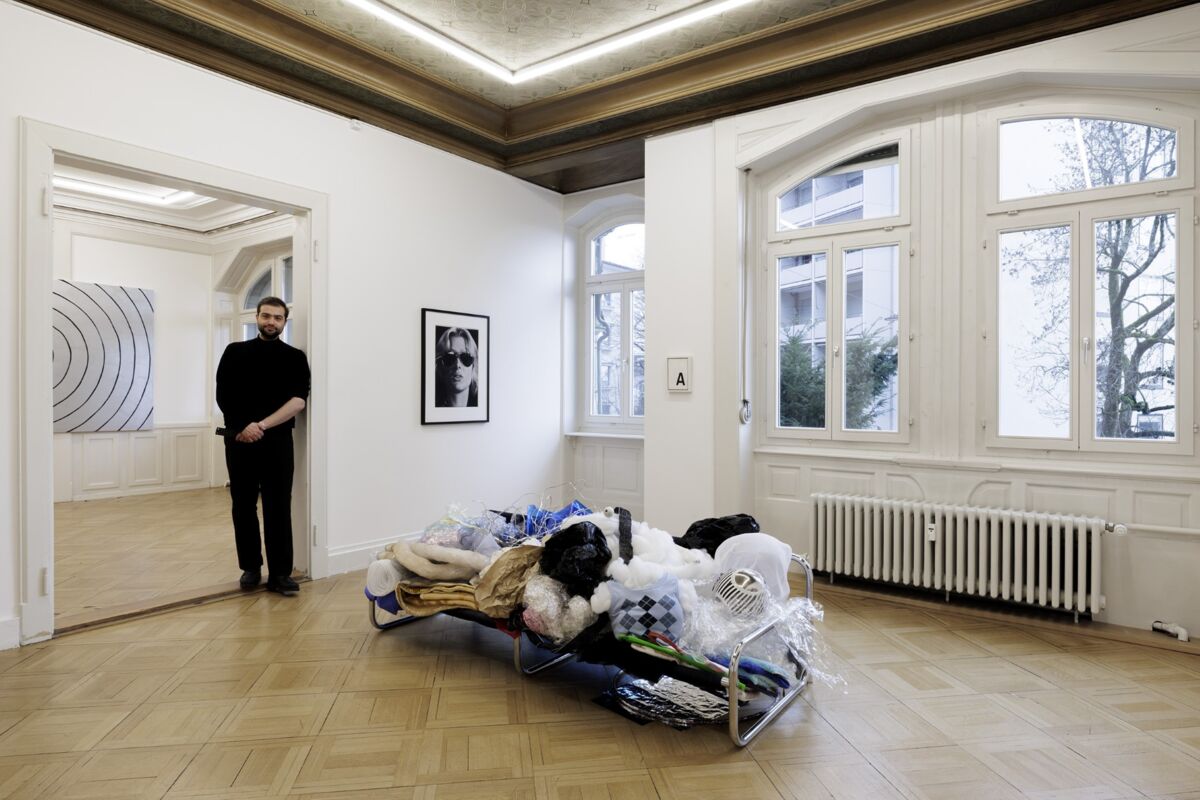
About Galerie Oskar Weiss
After running Weiss Falk for nine years, Oskar Weiss founded Galerie Oskar Weiss in 2025 in Zurich, resuming all collaborations and representations from the former program. The gallery currently represents 13 national and international artists and two estates. It organizes five to seven exhibitions a year and publishes books under its own publishing house, Hacienda Books.
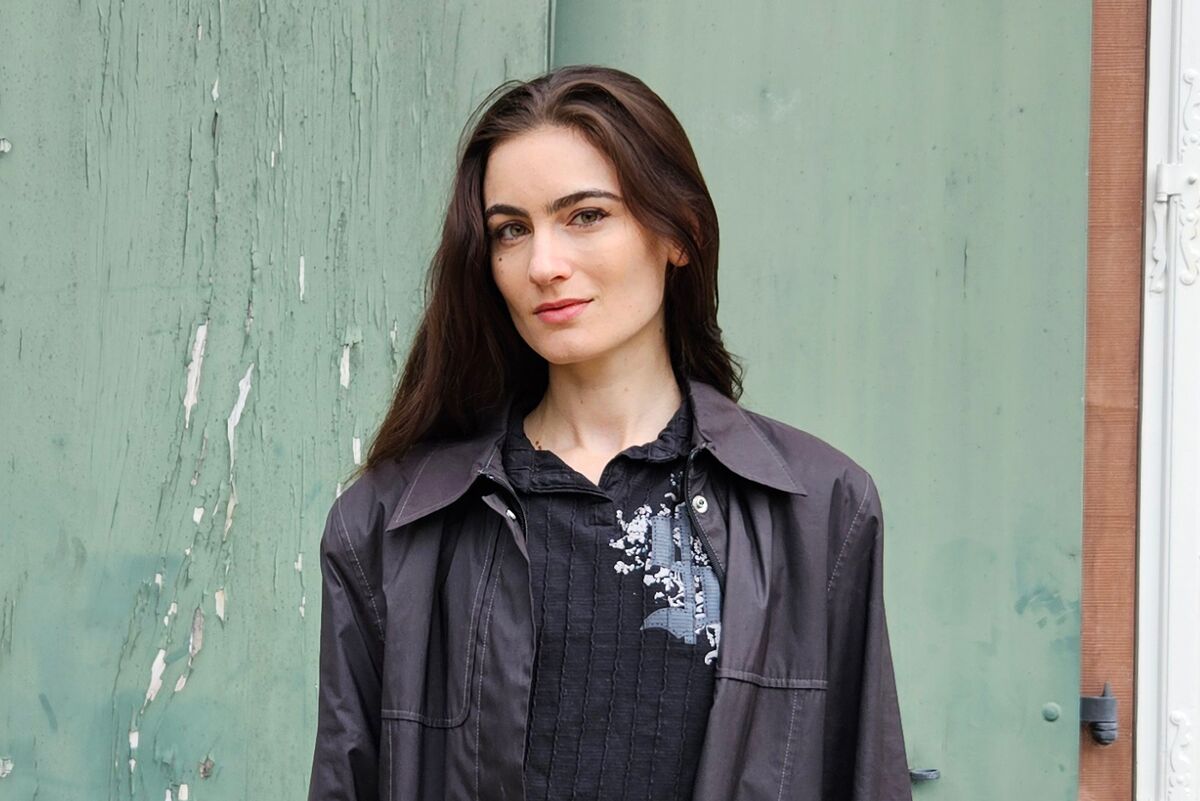
About Eleonora Bitterli
Eleonora Bitterli is a Zurich-based art historian specializing in modern and contemporary art. She works as a research associate at the Kunstmuseum Luzern and independently as a curator and writer on international projects, including collaborations with Café des Glaces in Tonnerre, the Tsinghua Art Museum in Beijing and the Fumetto Comic Festival in Lucerne. She is the co-founder of the off-space Sweet Tooth in Zurich and a member of the curatorial team of Plattform, the annual exhibition for emerging artists in Switzerland.
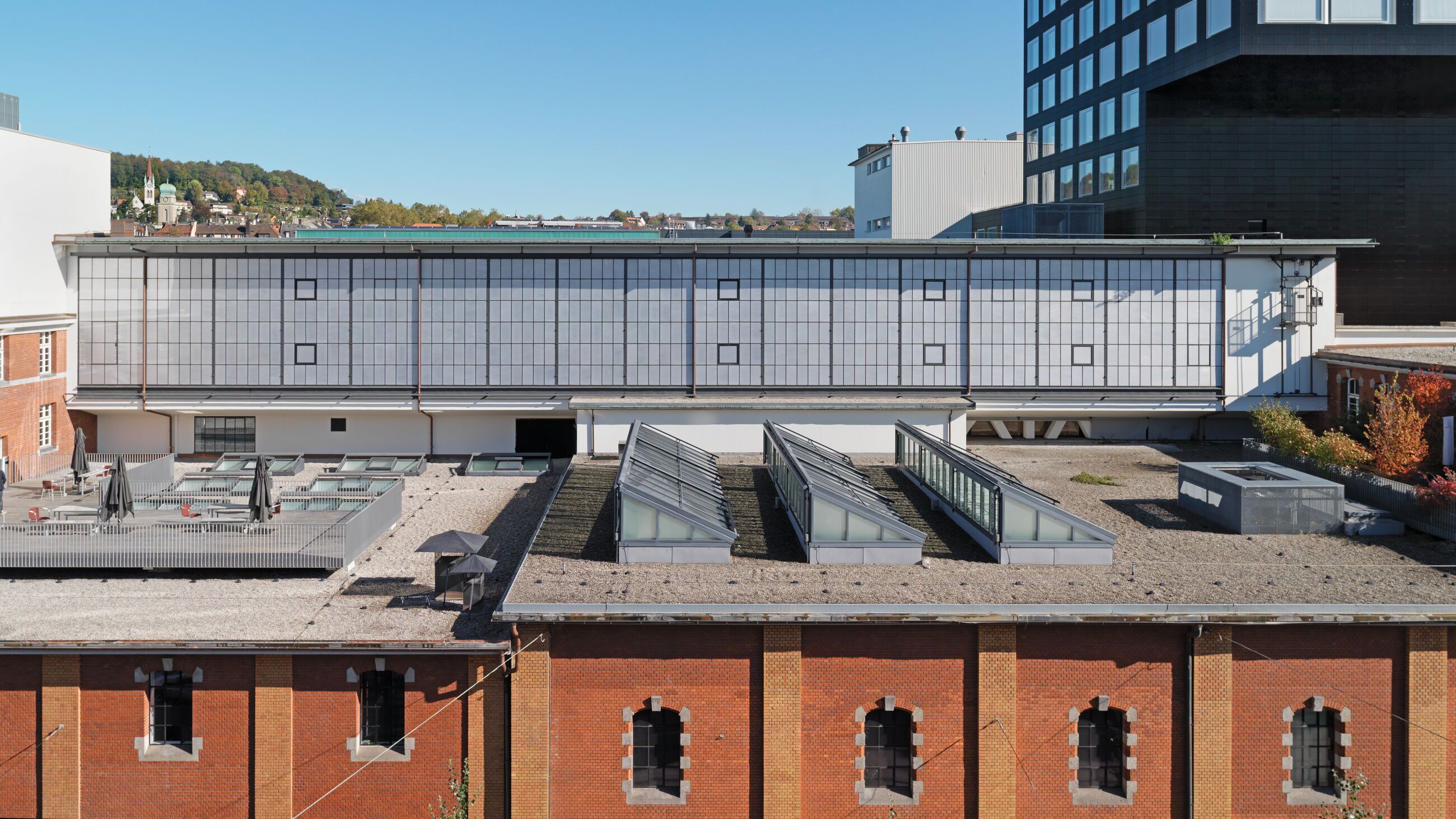
On view at Zurich, Limmatstrasse
The gallery is open Tuesday – Friday, 11 am – 6 pm and Saturday, 11 am – 5 pm. Exhibitions are free to attend. No advance booking necessary.
Current Exhibitions
1 / 12
